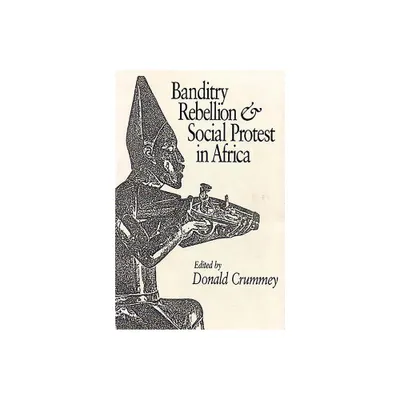Home
Religion and Social Protest Movements
Loading Inventory...
Barnes and Noble
Religion and Social Protest Movements
Current price: $180.00


Barnes and Noble
Religion and Social Protest Movements
Current price: $180.00
Loading Inventory...
Size: Hardcover
*Product Information may vary - to confirm product availability, pricing, and additional information please contact Barnes and Noble
What role has religion played in social protest movements? This important book examines how activists have used religious resources such as liturgy, prayer, song and vestments with a focus on the following global case studies:
The mid-twentieth century US civil rights movement.
The late twentieth century antiabortion movement in the United States of America.
The early twenty-first century water protectors’ movement at Standing Rock, North Dakota.
Indian independence led by Mohandas Gandhi in the early 1930s.
The Polish Solidarity movement of the 1980s.
The South African anti-apartheid movement of the 1980s and 1990s.
Prayer as a sacred act is usually associated with piety and pacifism; however, it can be argued that those who pray in public while protesting are more likely to encounter violence. Drawing on journalistic accounts, participant reflections, and secondary literature,
Religion and Social Protest Movements
offers both historical and theoretical perspectives on the persistent correlation of the use of public prayer with an increase in conflict and violence.
This book is an important read for students and researchers in history and religious studies, and those in related fields such as sociology, African-American studies, and Native American studies.
The mid-twentieth century US civil rights movement.
The late twentieth century antiabortion movement in the United States of America.
The early twenty-first century water protectors’ movement at Standing Rock, North Dakota.
Indian independence led by Mohandas Gandhi in the early 1930s.
The Polish Solidarity movement of the 1980s.
The South African anti-apartheid movement of the 1980s and 1990s.
Prayer as a sacred act is usually associated with piety and pacifism; however, it can be argued that those who pray in public while protesting are more likely to encounter violence. Drawing on journalistic accounts, participant reflections, and secondary literature,
Religion and Social Protest Movements
offers both historical and theoretical perspectives on the persistent correlation of the use of public prayer with an increase in conflict and violence.
This book is an important read for students and researchers in history and religious studies, and those in related fields such as sociology, African-American studies, and Native American studies.


















